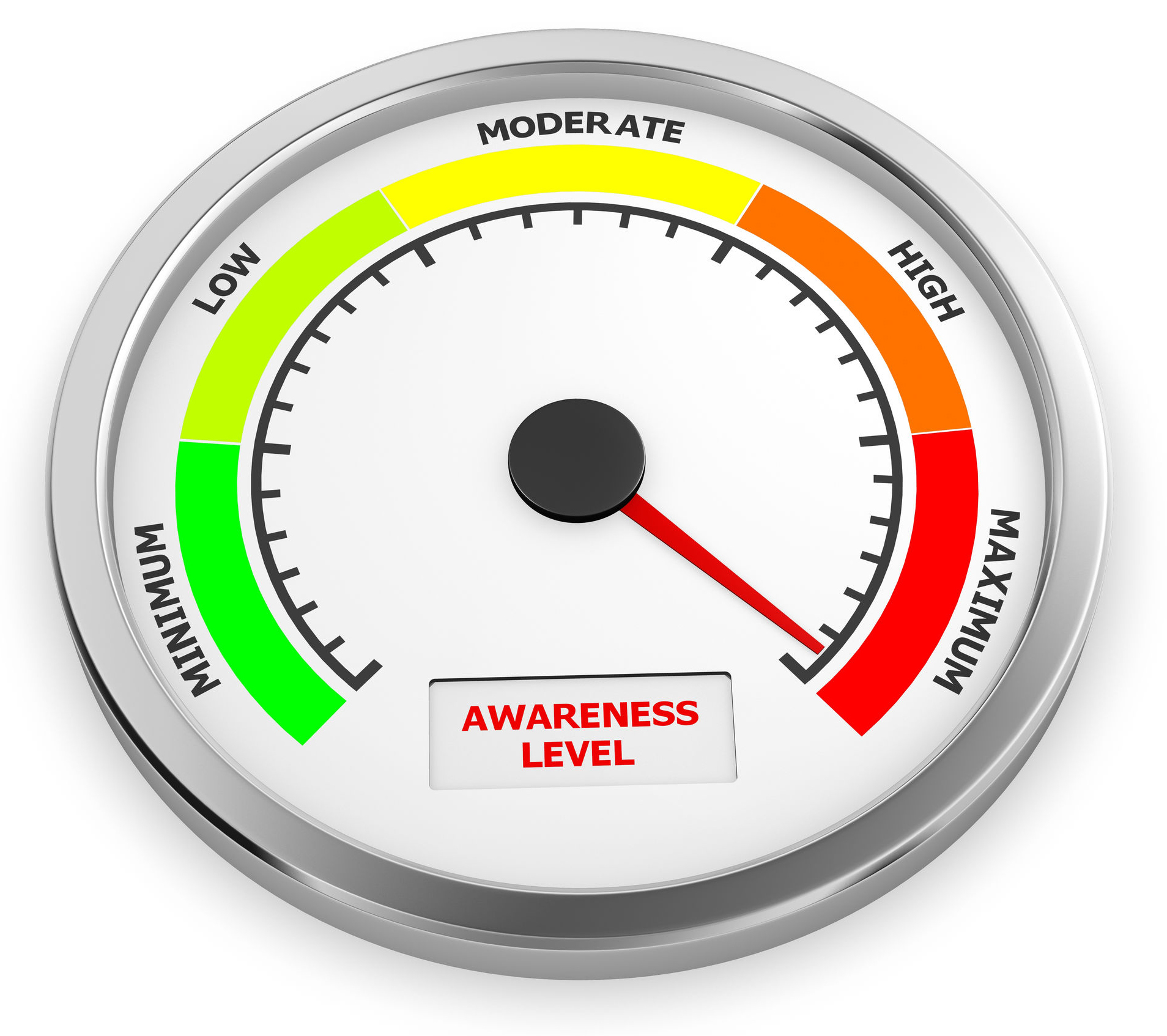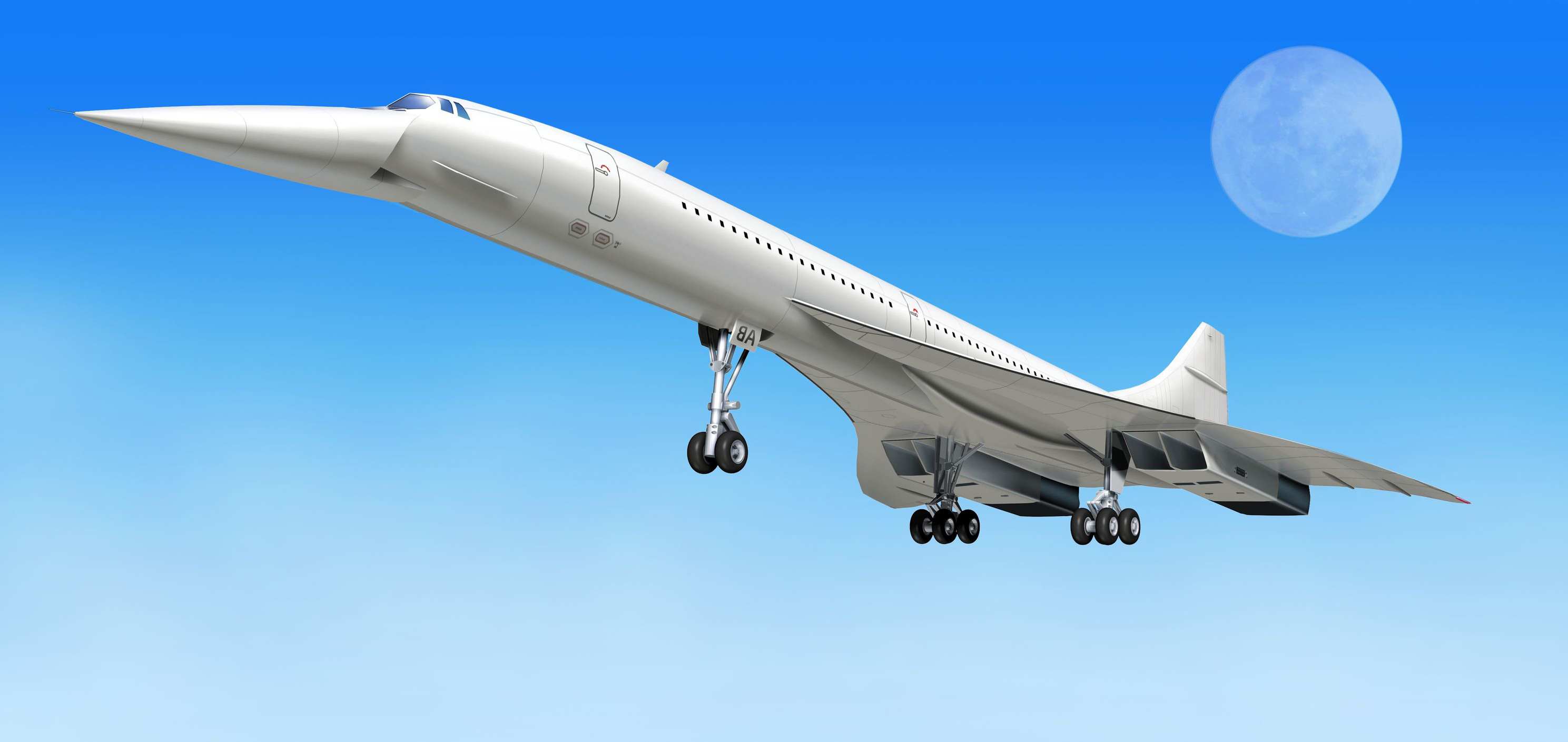
Ever wonder why some people are more effective than others? Life just seems to be easier for them, right? The answer to this mystery is likely found in one of the most obvious traits that separates humans from other members of kingdom Animalia: Self-awareness.
Essentially by definition, we’re all self-aware, demonstrating modesty, shame, joy and greed, just to name a few traits from our awareness inventory. But the most self-aware among us are informed by a bigger picture perspective, regarding the impact of their behavior and actions on the world around them, especially interactions with people. As students of Newton’s 3rd Law – for every action, there’s an equal and opposite reaction – highly effective people are not surprised at how the world reacts to their actions, because they’ve already played at least some level of that response in their minds, like a role play.
Highly effective people have acquired one more skill. They’ve converted self-awareness into a useful tool: self-analysis. This intuitively named practice helps regulate behavior for maximum effectiveness. More on that later.
In 1970, Noel Burch identified a handy four-level explanation of self-awareness, but he used a completely appropriate alternative word: consciousness. Prepare to see yourself and others as you discover these levels.

